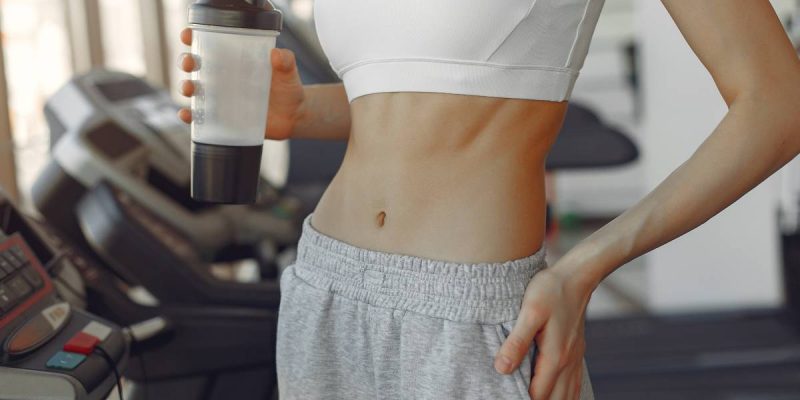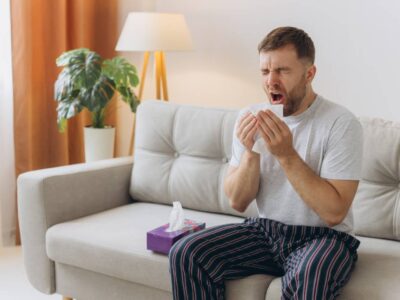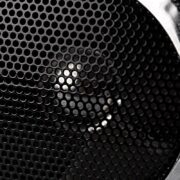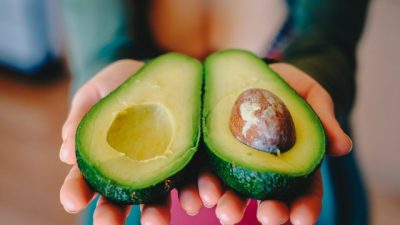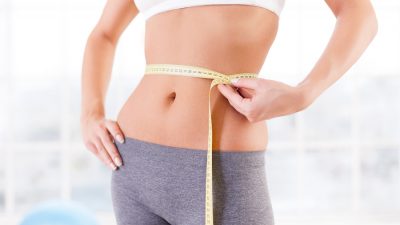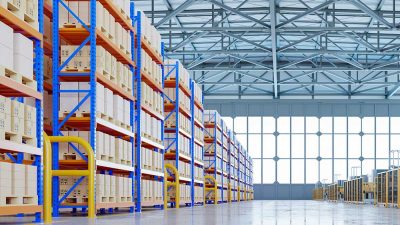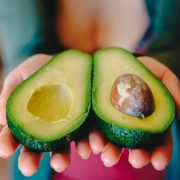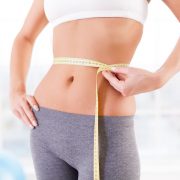When it comes to exercise, one of the most debated topics among fitness enthusiasts is whether it’s better to work out on an empty stomach or after eating.
Some believe that exercising on an empty stomach helps burn more fat, while others argue that fueling up beforehand enhances performance and muscle growth.
In the pursuit of weight loss or muscle gain, many people are left wondering: is it truly better to eat before or after exercising?
Understanding the science behind these practices can help you make informed decisions that align with your fitness goals. Whether you’re aiming to shed pounds or build muscle, the right approach to nutrition and timing can make all the difference in your results.
Is It Better to Workout on an Empty Stomach?

The question of whether it’s better to work out on an empty stomach, known as “fasted cardio,” has been a subject of much debate in the fitness community.
Advocates for fasted workouts often argue that exercising without eating beforehand can help burn more fat, while others suggest that eating before a workout provides the body with the necessary fuel to perform at its best.
To determine which approach is optimal, it’s essential to explore how our bodies respond to exercise on an empty stomach versus a fed one.
Fasted Cardio and Fat Loss:
The primary argument for working out on an empty stomach is that it may help burn more fat. The idea is that, without food, the body uses stored fat for energy instead of carbohydrates from a recent meal.
While studies show that fasted workouts burn a higher percentage of fat during exercise, the total fat burned over time is similar to workouts after eating, as the body adjusts.
However, fasted workouts may not be suitable for everyone, especially those with low blood sugar, as they can cause dizziness and fatigue. Additionally, without glycogen, the body may struggle with high-intensity activities like weightlifting or sprinting.
Eating Before a Workout:
Consuming a light meal or snack before a workout provides the body with the fuel needed for higher-intensity exercise, which is especially beneficial for building muscle and improving performance.
A small meal with carbohydrates and protein 30-60 minutes prior to exercise can boost energy levels and prevent muscle breakdown.
For fat loss, the focus should be on creating a calorie deficit through consistent exercise and diet. If working out on an empty stomach feels ineffective, eating beforehand can improve the quality of your workout, particularly for activities requiring strength or endurance.
Is It Better to Eat Before or After Exercise to Lose Weight?

When it comes to weight loss, many people wonder whether it’s better to eat before or after exercise. The goal is to create a calorie deficit, where the number of calories burned exceeds the number of calories consumed. This can be achieved through both diet and exercise, but the timing of your meals can play a role in optimizing results.
Eating After Exercise for Weight Loss:
Conventional wisdom has often recommended exercising on an empty stomach for weight loss, but recent research suggests that eating after exercise may be more effective, particularly for maintaining muscle mass while losing fat.
During exercise, muscle microtears occur, and recovery begins after the workout. A post-workout meal with protein and carbohydrates aids muscle repair and replenishes glycogen stores.
For weight loss while preserving muscle, focusing on recovery is key. Consuming protein after exercise can prevent muscle breakdown, promote fat loss, and help regulate hunger hormones, reducing the risk of overeating later.
The Importance of Protein and Carbs:
Post-workout nutrition is critical for weight loss because it helps repair muscles and boosts metabolism.
Protein is an essential part of this recovery process, as it provides the amino acids required for muscle repair and growth. Carbohydrates are also important because they help replenish glycogen stores, which can be depleted after an intense workout. This prevents the body from breaking down muscle tissue for energy.
If you are working out to lose weight, eating after exercise can be beneficial. It supports recovery and helps regulate your body’s metabolism, making it easier to maintain a calorie deficit without losing muscle mass.
Is It Better to Workout Before or After Eating to Gain Muscle?

For individuals focused on gaining muscle, the timing of meals becomes even more important.
Consuming the right nutrients before and after exercise can significantly impact muscle growth, strength, and overall performance.
While the specific answer can vary depending on the individual, the consensus is clear: eating before and after your workout provides the necessary fuel for muscle gain.
Eating Before a Workout for Muscle Gain:
When trying to build muscle, it’s important to have enough energy for your workout to ensure optimal performance.
A pre-workout meal that includes carbohydrates and protein is crucial to ensure you have the necessary fuel to perform at your best. Carbohydrates provide your body with a quick source of energy, while protein helps to prevent muscle breakdown during the workout.
Consuming a small meal or snack about 30-60 minutes before your workout will help ensure that your muscles have enough glycogen to power through your training session.
A meal that consists of lean protein and slow-digesting carbohydrates (such as oatmeal, brown rice, or whole-grain bread) will help keep your energy levels stable and improve endurance during your workout.
Eating After a Workout for Muscle Recovery:
After a workout, especially strength training, your muscles are in a state of recovery. To stimulate muscle growth, your body needs protein to repair the microtears that occurred during the workout.
Consuming protein-rich foods, such as chicken, eggs, or a protein shake, within 30-60 minutes post-workout is essential for muscle repair and growth.
Carbohydrates also play a role in muscle recovery by replenishing glycogen stores that have been depleted during the workout. This helps to restore energy levels, prevent fatigue, and optimize muscle repair.
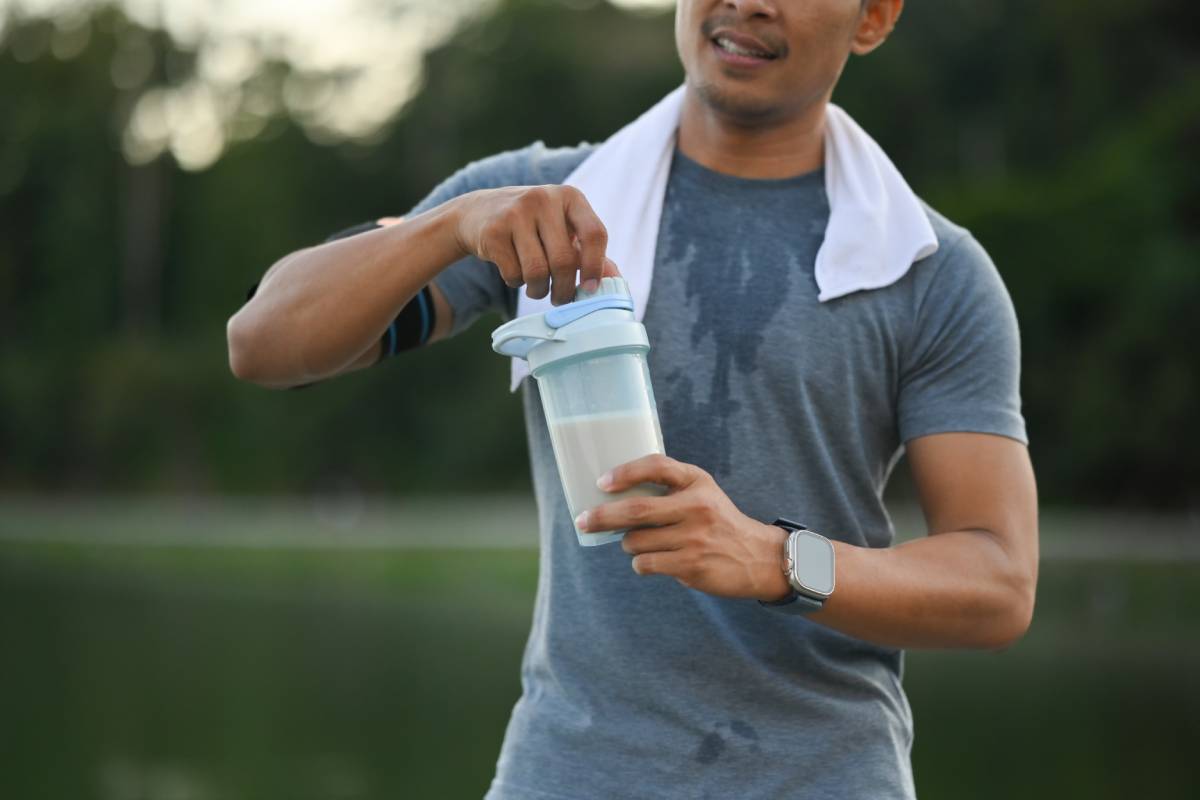
The Role of Nutrients in Muscle Growth:
Protein intake is essential for muscle gain, but timing matters. Studies suggest that consuming protein both before and after a workout is optimal for muscle growth.
This strategy helps to maximize muscle protein synthesis and recovery. In addition to protein, it’s important to consume a balance of healthy fats and carbohydrates to support overall health and energy levels during your training.
No Time? Quick and Effective Workouts:
If you’re short on time but still want to maximize your muscle-building results, consider incorporating No Time Workouts. These quick, high-intensity workouts combine both strength training and cardio, allowing you to get a full-body workout in a short amount of time. These can be just as effective as longer sessions, especially when paired with the right pre- and post-workout nutrition.
Conclusion:
In conclusion, whether you choose to work out on an empty stomach or after eating depends on your personal goals and preferences.
If your goal is fat loss, fasted cardio may be effective for some people, but it’s important to focus on long-term consistency and creating a calorie deficit through diet and exercise.
If your goal is muscle gain, it’s generally better to eat before and after your workout to fuel your body and promote muscle recovery.
The most important factor in both cases is to listen to your body and choose a routine that aligns with your fitness objectives. Whether fasting or eating before your workout, the key is consistency and finding what works best for you.

